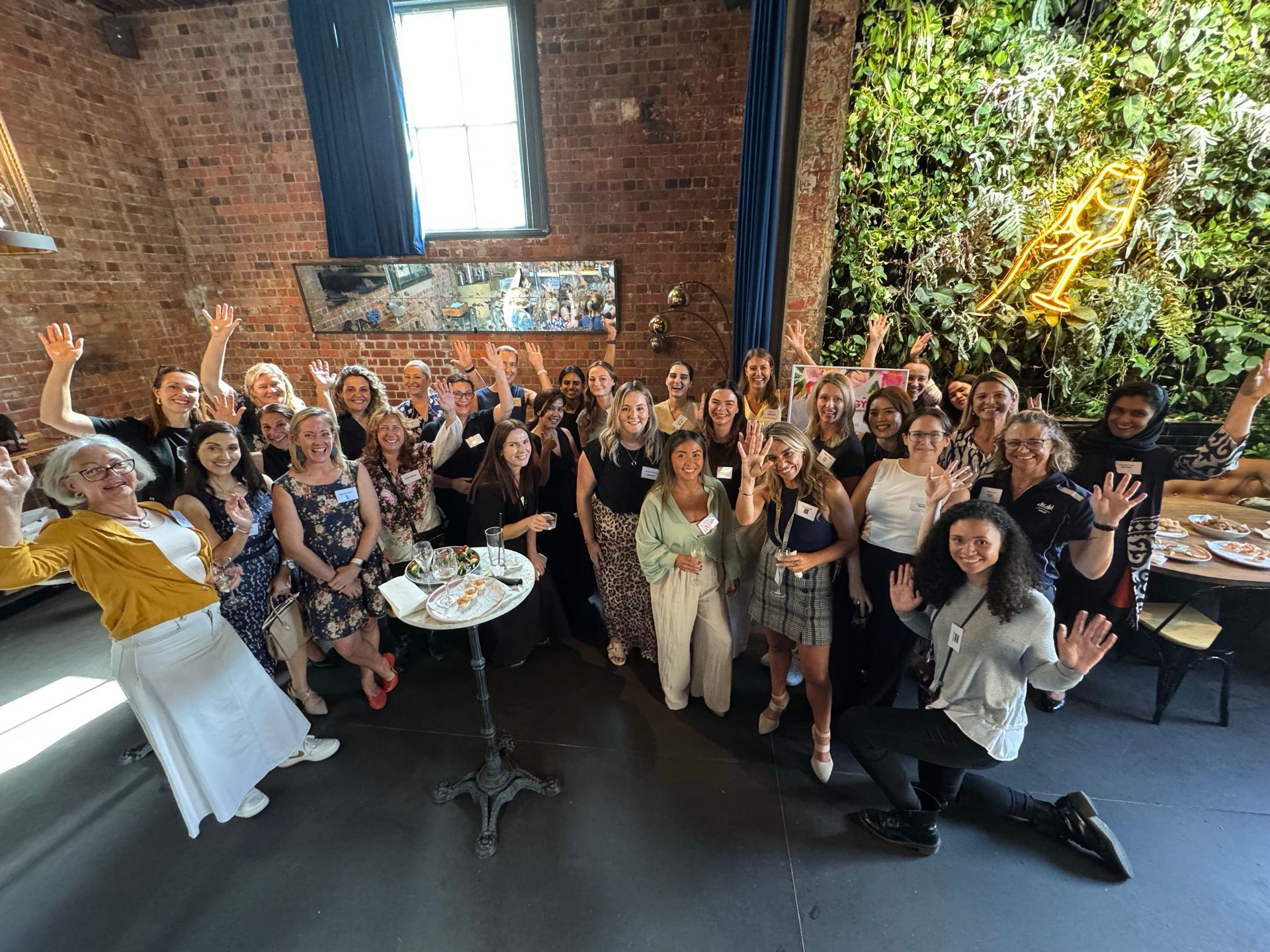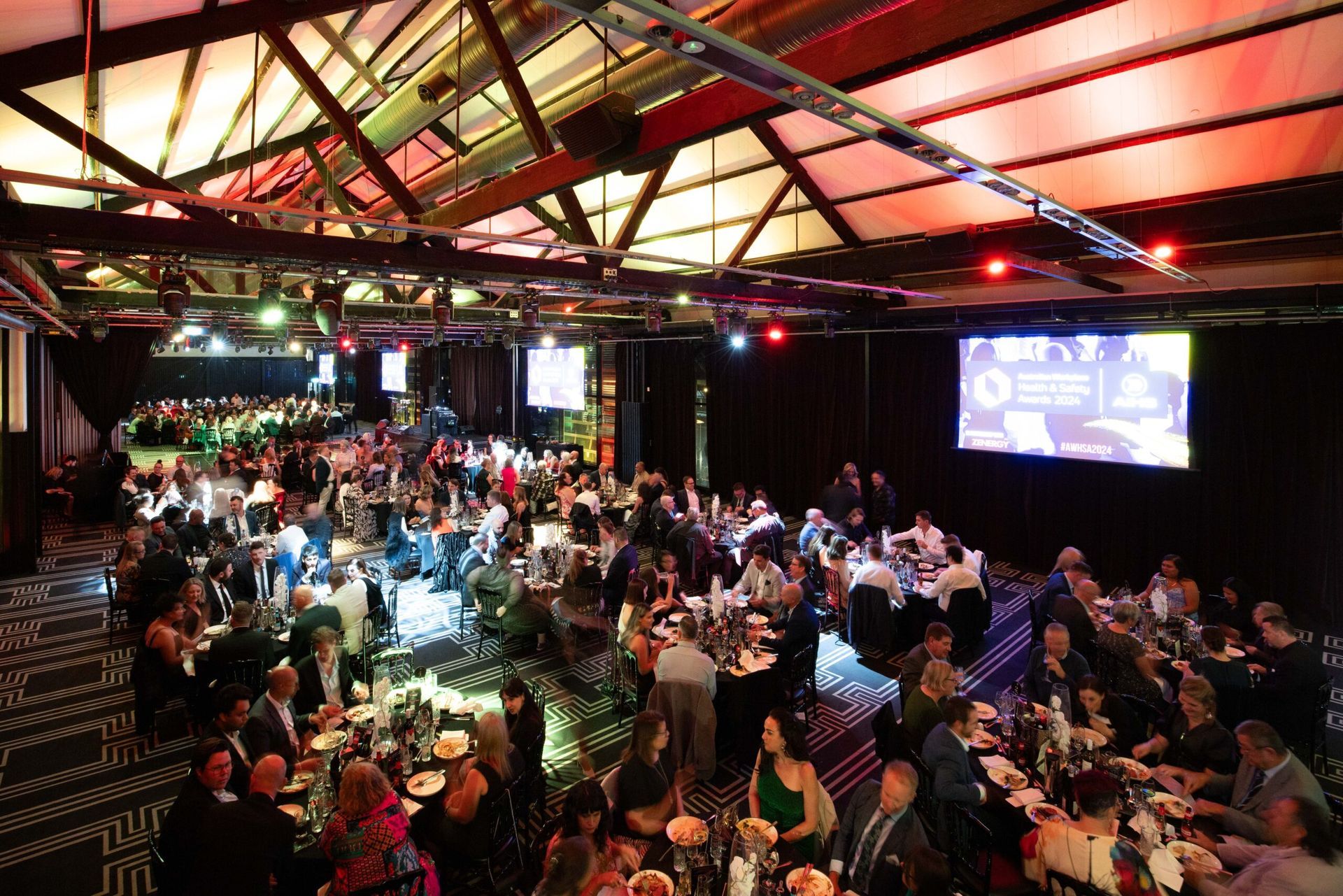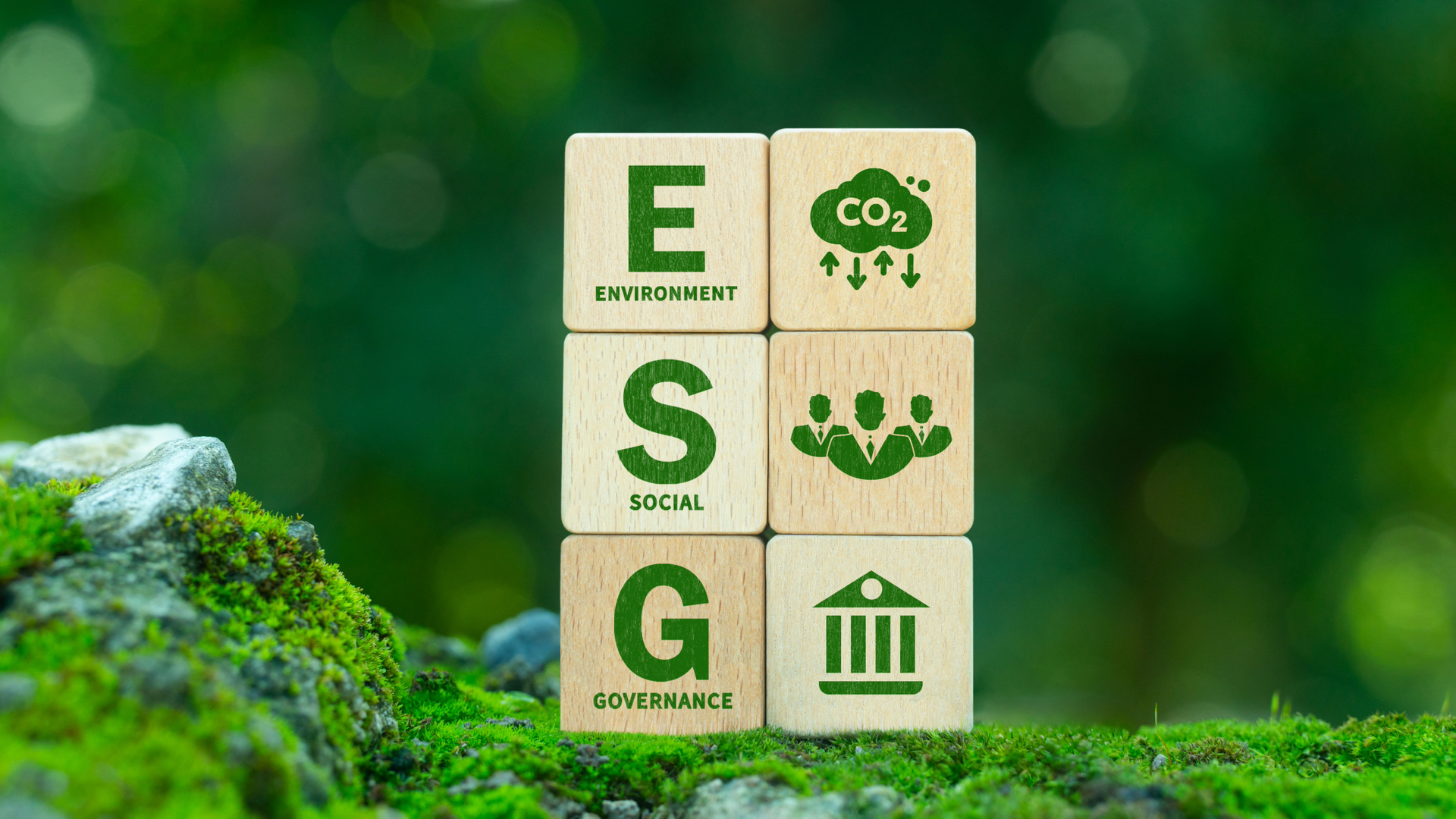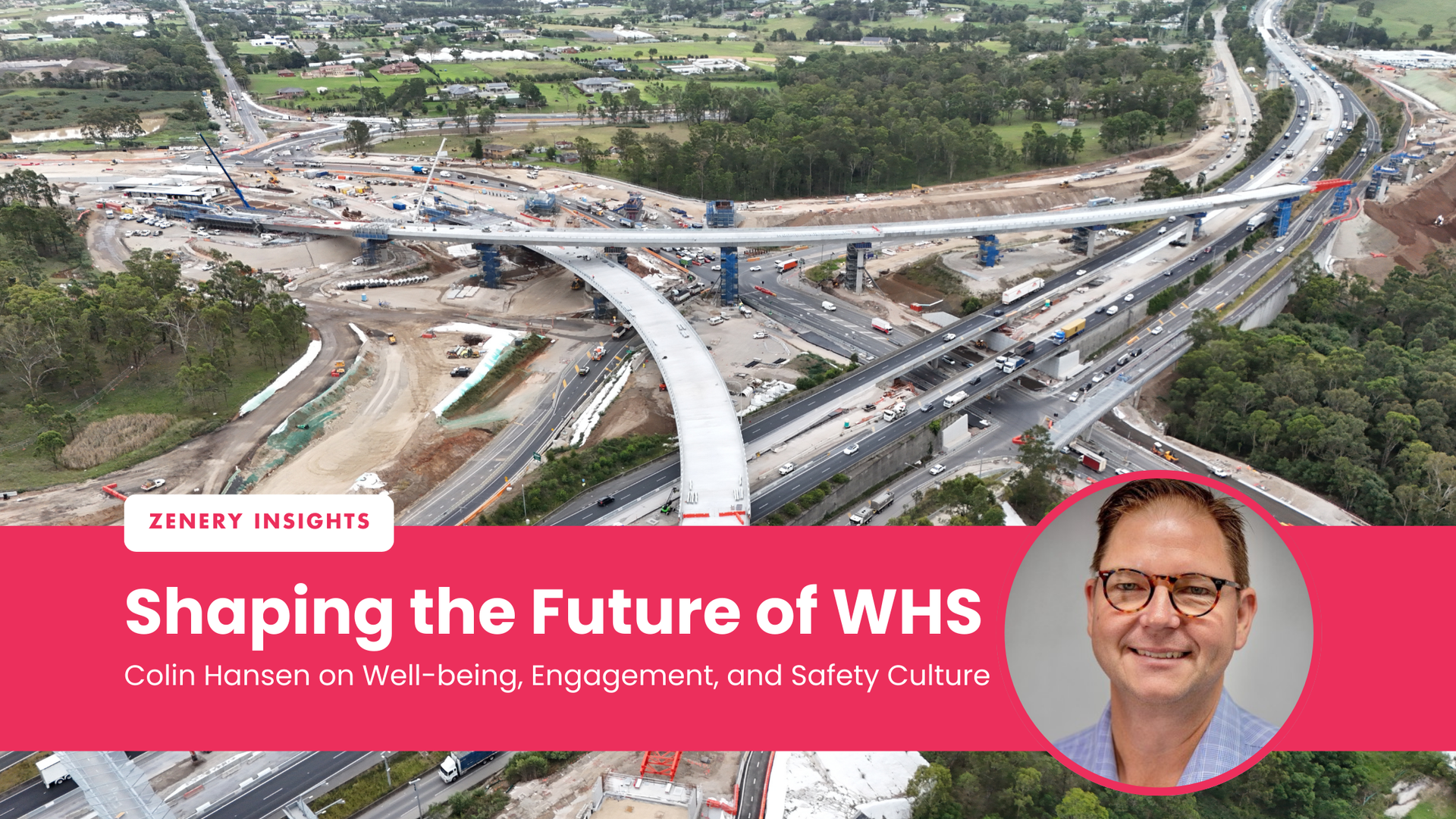Reducing working week days reduces injuries
A major employer has reduced injuries, and sustained production levels, after reducing the working week by a day.
As reported by OHS Alert this week, Scentre Group’s “People Protecting People” program for its design and construction division workers was announced best workplace health and wellbeing initiative at the Queensland Safe Work and Return to Work Awards.
The program’s main initiatives include general health checks for workers, and implementing a five-day working week to promote a more healthy and sustainable working week.
Scentre Group owns and operates Westfield shopping centres in Australia and New Zealand. Its design and construction risk management administrator Siobhan Grace told OHS Alert that workers initially found it hard to adapt to working 10 hours a day over five days instead of fewer hours per day over six or seven days.
However, since the transition, injuries and absence rates have dropped, while production levels have been maintained, she says.
“The staff love it,” Grace says.
“In this industry, it is common for workers to work six days a week. What [the five-day week] does is allow them to have quality time with their family, so when they come back to work, they’re happier, healthier and safer.”
The People Protecting People program evolved from a 2015 health and wellbeing trial program at Scentre Group’s North Lakes project, which was rolled out by a new health and safety steering committee, and included a quit smoking program, skin checks and access to anti-suicide initiative MATES in Construction.
Grace says that following the trial, employee surveys and feedback identified that for workplace health and wellbeing to improve, design and construction workers who worked six or even seven days a week needed better work-life balance.
Scentre Group also implemented a policy requiring a health and wellbeing committee to be established within three months of new projects starting.
The committee includes at least one worker from each division, which Grace says helps get the program’s message out to workers and gets them involved.
She advises other employers to form such working groups and elect workplace champions, because it facilitates communication on a workplace’s health and wellbeing plans and improves uptake.
Contact Us
Zenergy News







